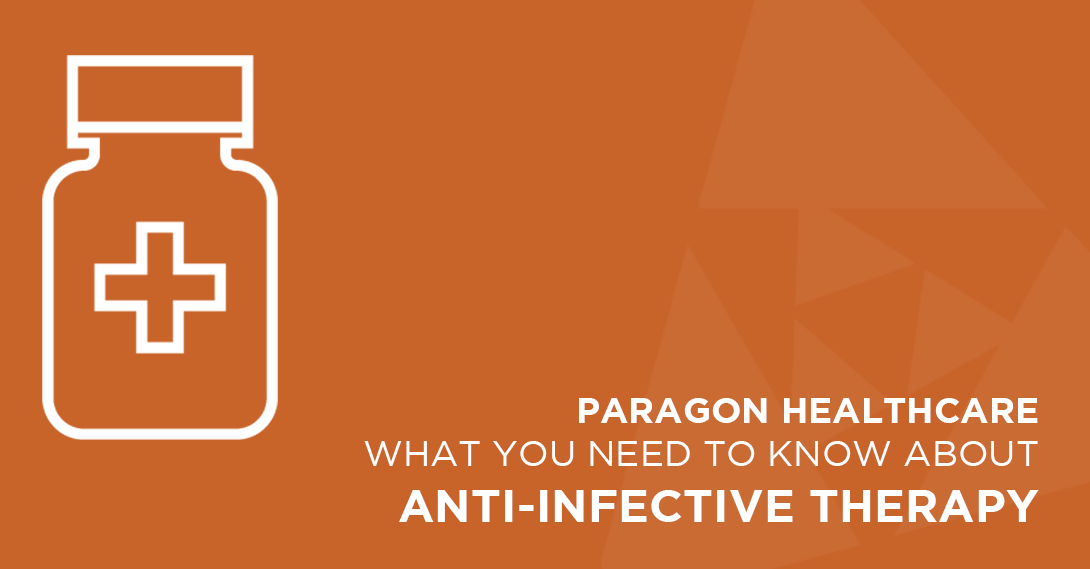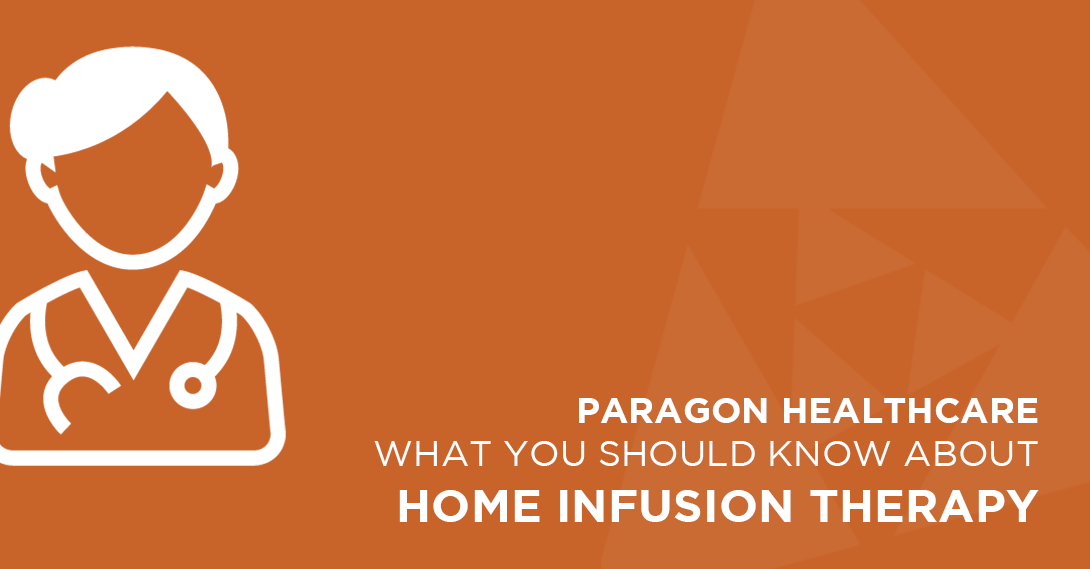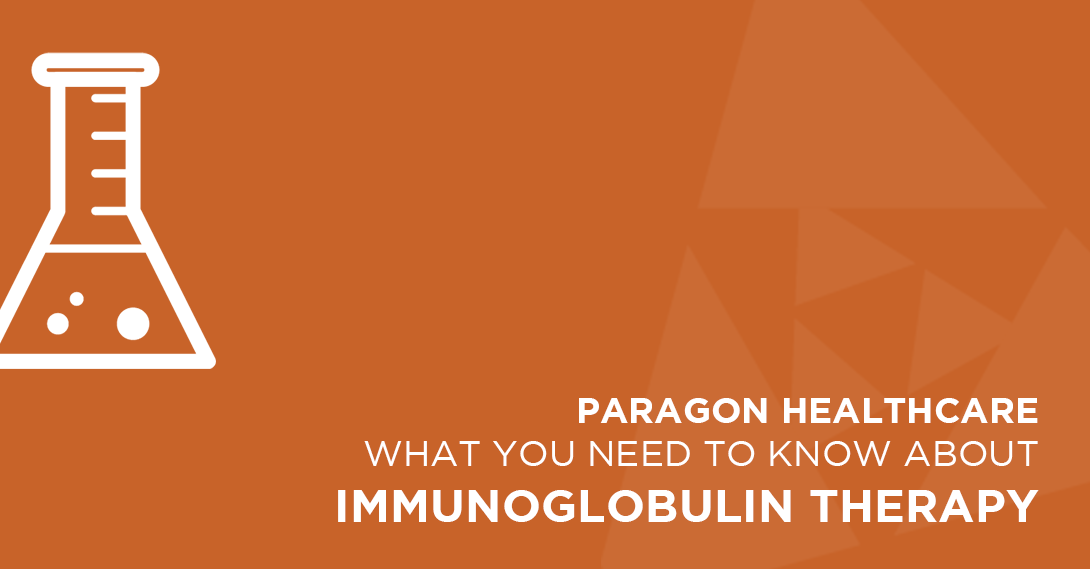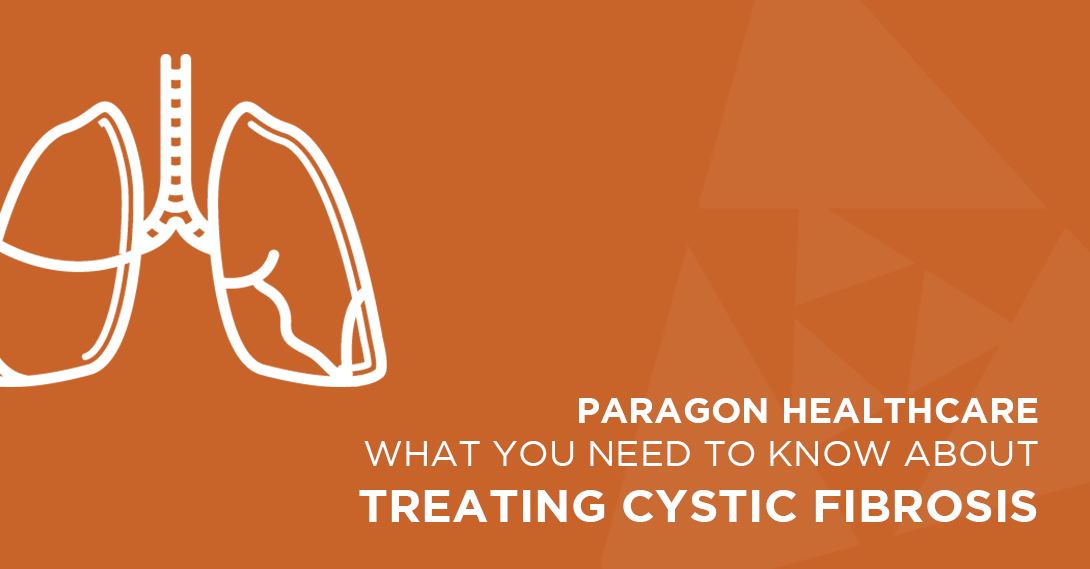At Paragon, we specialize in anti-infective therapy, which is a broad term that includes antiviral, antibacterial, and antifungal treatments that can be administered in the home setting. Each care plan is customized to meet the individual's needs and improve their quality of life.
Indications for anti-infectives include:
- Serious infection not responsive to oral medications
- Severe infection requiring rapid drug onset
- Chemical properties of the drug require direct delivery into the bloodstream
- Digestive enzymes cause loss of potency when given orally
- Infection is in a locality where there is a poor drug penetration (i.e., blood/brain barrier)
- The specific drug is required that has a very narrow therapeutic range
We are committed to preventing hospitalizations through physician consultation with our pharmacists. Our team can help select an individualized anti-infective that will best meet the patient’s needs.
The most common diagnoses that we treat with anti-infectives are:
- Abscesses – A swollen area within body tissue, containing an accumulation of pus.
- Bacteremia/Septicemia – The presence of bacteria in the blood.
- Cellulitis – Inflammation of subcutaneous connective tissue.
- Chronic Otitis Media – Describes various signs, symptoms, and physical findings that result from the long-term damage to the middle ear by infection and inflammation.
- Cystic Fibrosis – A hereditary disorder affecting the exocrine glands. It causes the production of abnormally thick mucus, leading to the blockage of the pancreatic ducts, intestines, and bronchi, often resulting in respiratory infection.
- Endocarditis – Infection of the inner lining of the heart or its valves.
- Osteomyelitis – Inflammation of bone or bone marrow, usually due to infection.
- Pneumonia – Infection in one or both of the lungs caused by a bacteria or virus which causes the air sacs in the lungs to fill up with fluid or pus.
- Chronic Sinusitis – Infection and inflammation of the nasal passages.
- Post-op Infections – Any infection that occurs within 30 days of operation and may be related to the procedure itself or the postoperative course.
- Septic Arthritis – A painful infection in a joint.
- Gastrointestinal Infections – Infections in the stomach or small intestines.
- Genitourinary Infections – Infections in any part of the urinary system, including kidneys, ureters, bladder, and urethra.
- Cytomegalovirus – A type of herpesvirus which usually produces very mild symptoms in an infected person but may cause severe neurological damage in people with weakened immune systems and infants.
- Shingles – An acute, painful inflammation of the nerve ganglia, with a skin eruption, often forming a girdle around the middle of the body.
- Herpes Virus – A virus causing contagious sores, most often around the mouth or on the genitals.
- Human Immunodeficiency Virus (HIV) – A virus that attacks cells that help the body fight infection, making a person more vulnerable to other infections and diseases.
- Candidiasis – Candia is a common fungus that lives on our skin and can cause serious yeast infections in people with weakened immune systems.
- Aspergillosis – A condition in which certain fungi infect specific tissues in the body, such as the lungs.
- Histoplasmosis – Infection by a fungus found in the droppings of birds and bats in humid areas. It is not severe if confined to the lungs but can be fatal if spread throughout the body.
- Mycosis – A disease caused by infection with a fungus, such as ringworm or thrush.
In the home setting, we typically use elastomeric devices for anti-infective infusions to treat these conditions. This is the preferred method of administration by both patients and physicians because the devices are small, lightweight, and portable. This provides patients with flexibility and mobility. These infusion pumps do not require programming, batteries, or an infusion pole. They can often be tucked away in a pocket or fanny pack. Our nurses will teach each patient how to use the pump, empowering them to confidently administer their medication in the home setting.
We offer the following antibiotic therapies and many others at home:
- Acyclovir
- Amikacin
- Amphotericin B
- Ampicillin/Sulbactam (Unasyn)
- Cefazolin
- Cefepime (Maxipime)
- Ceftazidime (Fortaz)
- Ceftriaxone (Rocephin)
- Cipro
- Clindamycin
- Cubicin
- Doribax
- Fluconazole
- Gentamicin
- Imipenem/Cilastatin (Primaxin)
- Invanz
- Levaquin
- Metronidazole (Flagyl)
- Merrem
- Mycamine
- Nafcillin
- Oxacillin
- Piperacillin/Tazobactam (Zosyn)
- Timentin
- Tobramycin
- Tygacil
- Vancomycin
- Vibativ
- Xerava
If you or a loved one are seeking a healthcare company that puts people first, focusing on comfort and specializing in infusion care in the home setting, tell your provider that you want to join the Paragon family. We’ll handle the rest of the referral process and reach out to you directly to follow up.
For more information about Paragon Home Infusion Therapy, visit our Home Infusion Therapy page.

 Home Infusion Therapy Programs
Home Infusion Therapy Programs
 IVIG Therapy Options
IVIG Therapy Options
 Treating and Managing Your Cystic Fibrosis
Treating and Managing Your Cystic Fibrosis